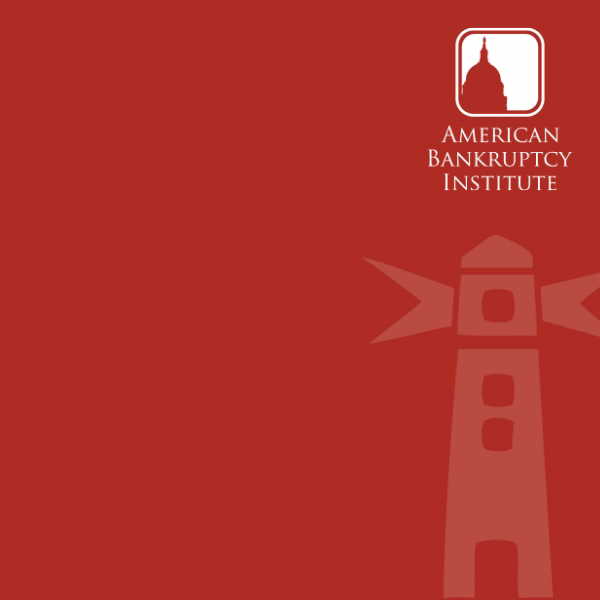| A chapter 13 bankruptcy allows a defaulted homeowner the unique benefit of saving real property, along with other secured debt. Given the benefits of chapter 13, this particular type of bankruptcy has the ability to help a large mass of people, and as such requires an orderly administration. Chapter 13 Trustees — guided by Code provisions and bankruptcy rules — are the gatekeepers for this administration. While these trustees do a remarkable job in ensuring that debtors, creditors and other entities comply with procedural requirements, occasional oversights are expected.
The case of In re Carter, No. 17BK03367, 2022 WL 953495, at *16–17 (Bankr. N.D. Ill. Mar. 30, 2022), serves as a cautionary tale for chapter 13 trustees (as well attorneys representing interested parties in chapter 13 cases). In considering competing motions from the chapter 13 trustee (a motion to dismiss) and a debtor’s motion to modify, the Carter court applied equitable principles to address a difficult scenario. The Carter debtor navigated his way through the entirety of a chapter 13 case, and, prior to the completion and closure of the case, the chapter 13 trustee sought dismissal of the case on the grounds that the debtor was in default under the confirmed plan in the amount of $15,800.58.
|










